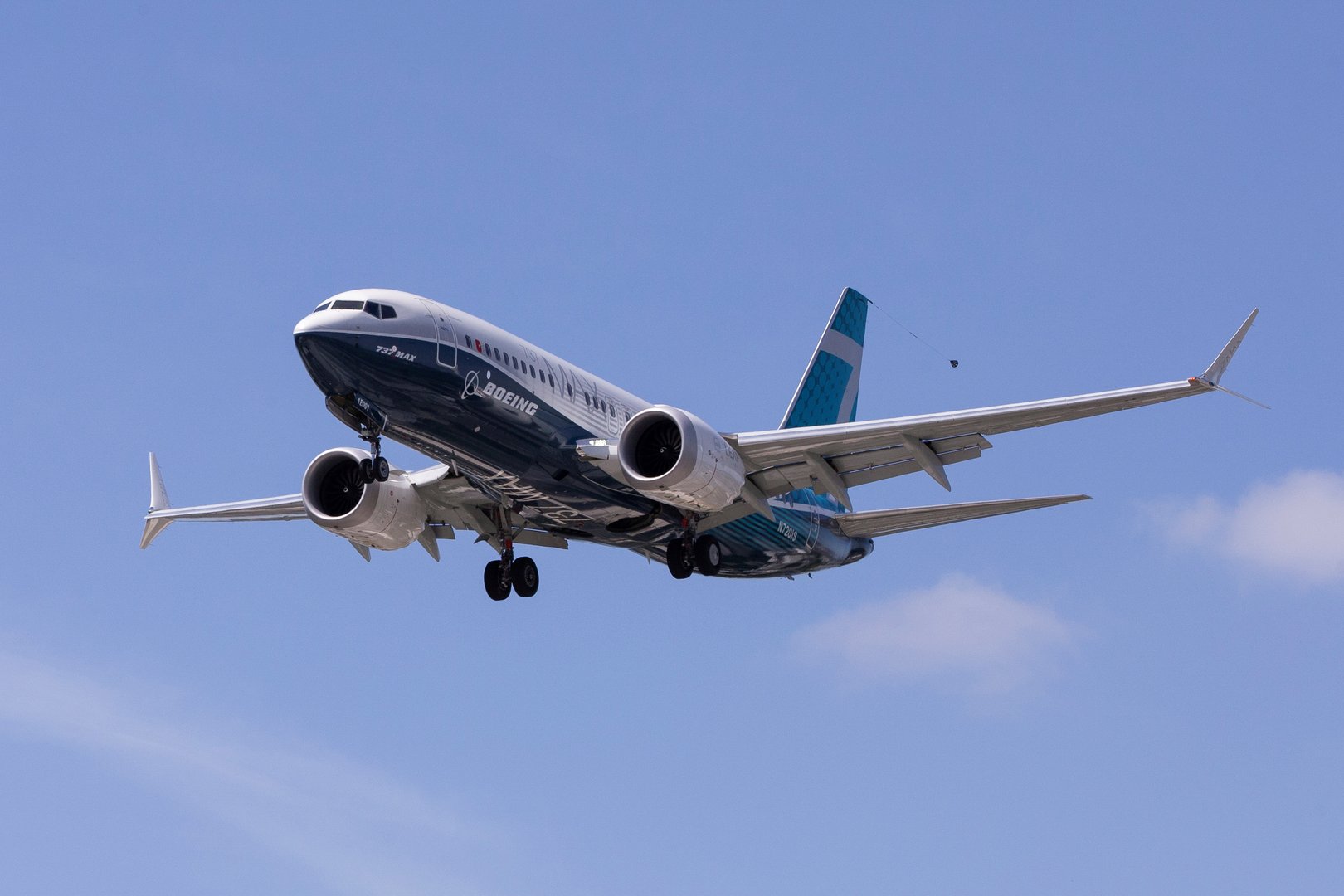Boeing Co said on Friday it will begin delivering commercial airplanes capable of flying on 100 per cent biofuel by the end of the decade, calling reducing environmental damage from fossil fuels the ‘challenge of our lifetime.’
Boeing’s goal – which requires advances to jet systems, raising fuel-blending requirements, and safety certification by global regulators – is central to a broader industry target of slashing carbon emissions in half by 2050, the US planemaker said.
‘It’s a tremendous challenge, it’s the challenge of our lifetime,’ Boeing Director of Sustainability Strategy Sean Newsum told Reuters. ‘Aviation is committed to doing its part to reduce its carbon footprint.’
Commercial flying currently accounts for about 2 per cent of global carbon emissions and about 12 per cent of transport emissions, according to data cited by the Air Transport Action Group (ATAG).
Boeing essentially has just a decade to reach its target because jetliners that enter service in 2030 will typically stay in service through 2050.
The world’s largest aerospace company must also confront the task hobbled by the coronavirus pandemic and the 20-month grounding of its best-selling jetliner after fatal crashes, which has strained its finances and engineering resources.
Boeing isn’t starting from scratch. In 2018, it staged the world’s first commercial airplane flight using 100 per cent biofuel on a FedEx Corp 777 freighter.
Boeing and European rival Airbus SE also work on reducing carbon emissions through weight and drag reduction on new aircraft.
As it is now, biofuels are mixed directly with conventional jet fuel up to a 50/50 blend, which is the maximum allowed under current fuel specifications, Boeing said.
Boeing first must determine what changes to make to enable safe flight on alternative fuels derived from used vegetable oil, animal fats, sugar cane, waste and other sources.
Boeing needs to work with groups that set fuel specifications such ASTM International to raise the blending limit to allow expanded use, and then convince aviation regulators globally to certify the planes as safe, Boeing said.







Click here to change your cookie preferences